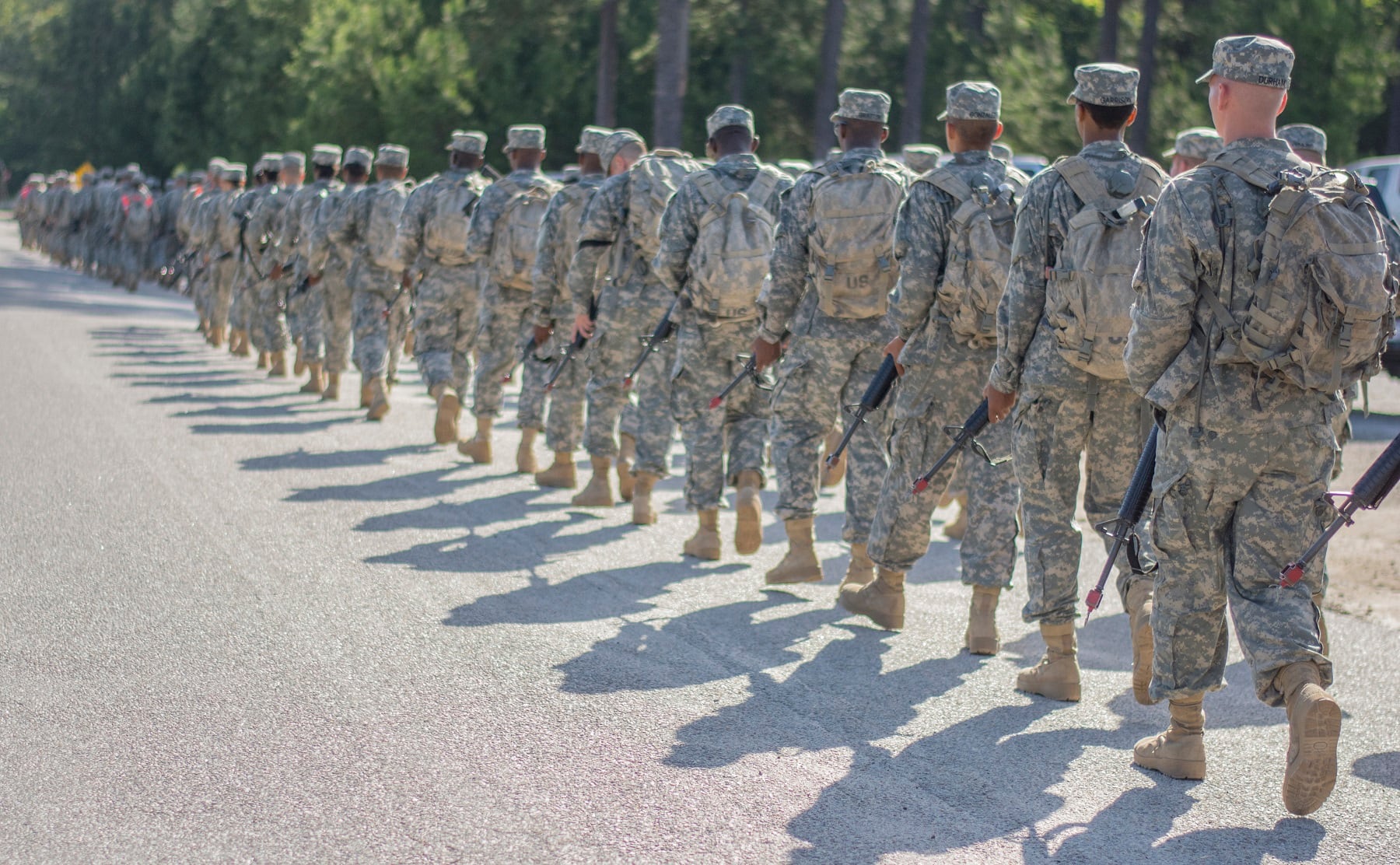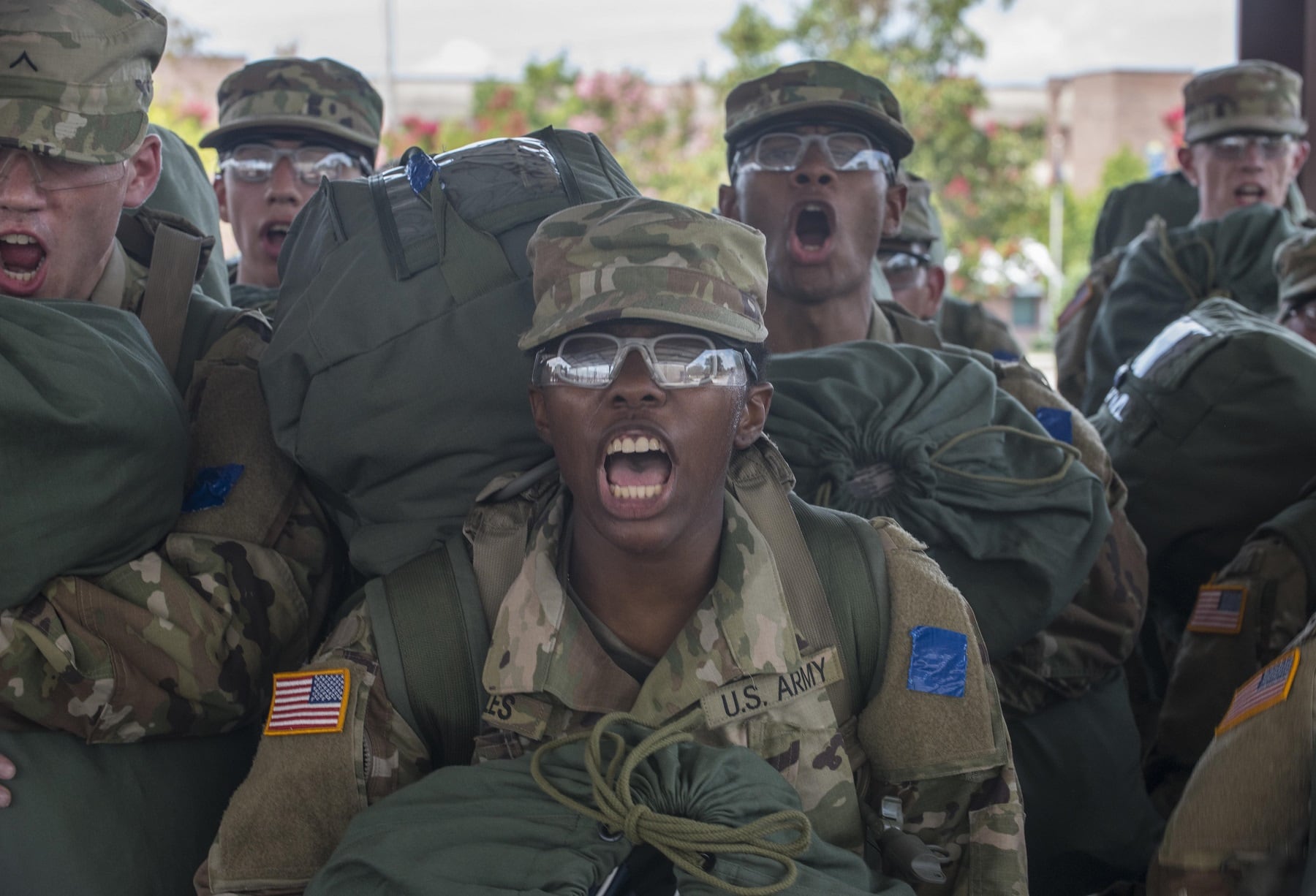The Army is looking at another end strength increase in 2018, and, this time, the focus will be on recruiting new soldiers, the service’s top enlisted leader said Monday.
Following a 26,000-person increase in 2017, the Army has asked for another 17,000 for the total force this coming year. The plan is to focus most of the effort on recruiting, Sergeant Major of the Army Dan Dailey told Army Times during a senior enlisted leader panel at the Pentagon.
“We did so well last year in our in-service retention program that our in-service retention, actually, is not that significant of a number, because we’ve already accomplished … the preponderance of that in [fiscal year 2017],” he said.
RELATED

The Army will not have final numbers on its end strength increase until President Trump signs the National Defense Authorization Act, which the House and Senate both passed just before Thanksgiving.
Army Recruiting Command is slightly below glide path for its working goal, Dailey said, but the fall and winter months are generally a slow time for accessions.
Traditionally, those numbers pick up in the spring and summer months following high school and college graduations.
Dailey did not expand on the kinds of incentives that might be available to potential recruits this coming year, but as recently as 2017, the Army temporarily authorized two-year enlistments — which come with partial GI Bill benefits worth up to 80 percent.
“What we won’t see is a whole lot of an increase in bonuses unless we specifically need that skill level and MOS,” Dailey said of retention perks.
Dailey also clarified that the Army will continue to meet Defense Department recruiting standards, despite controversy over a recent memo that appeared to open up enlistments for recruits with a host of mental illness and substance abuse issues.
RELATED

“That was never the intent,” Dailey said. “Everything is done with a waiver process. We meet — and we have met, and will continue to meet — all DoD-mandated thresholds for our entry-level soldiers.”
Some years, the Army pushes closer up against DoD’s boundaries for enlistment and other years they steer clear, he added, but regulations draw a hard line at a history of bipolar disorder and other serious mental health issues.
Meghann Myers is the Pentagon bureau chief at Military Times. She covers operations, policy, personnel, leadership and other issues affecting service members.





